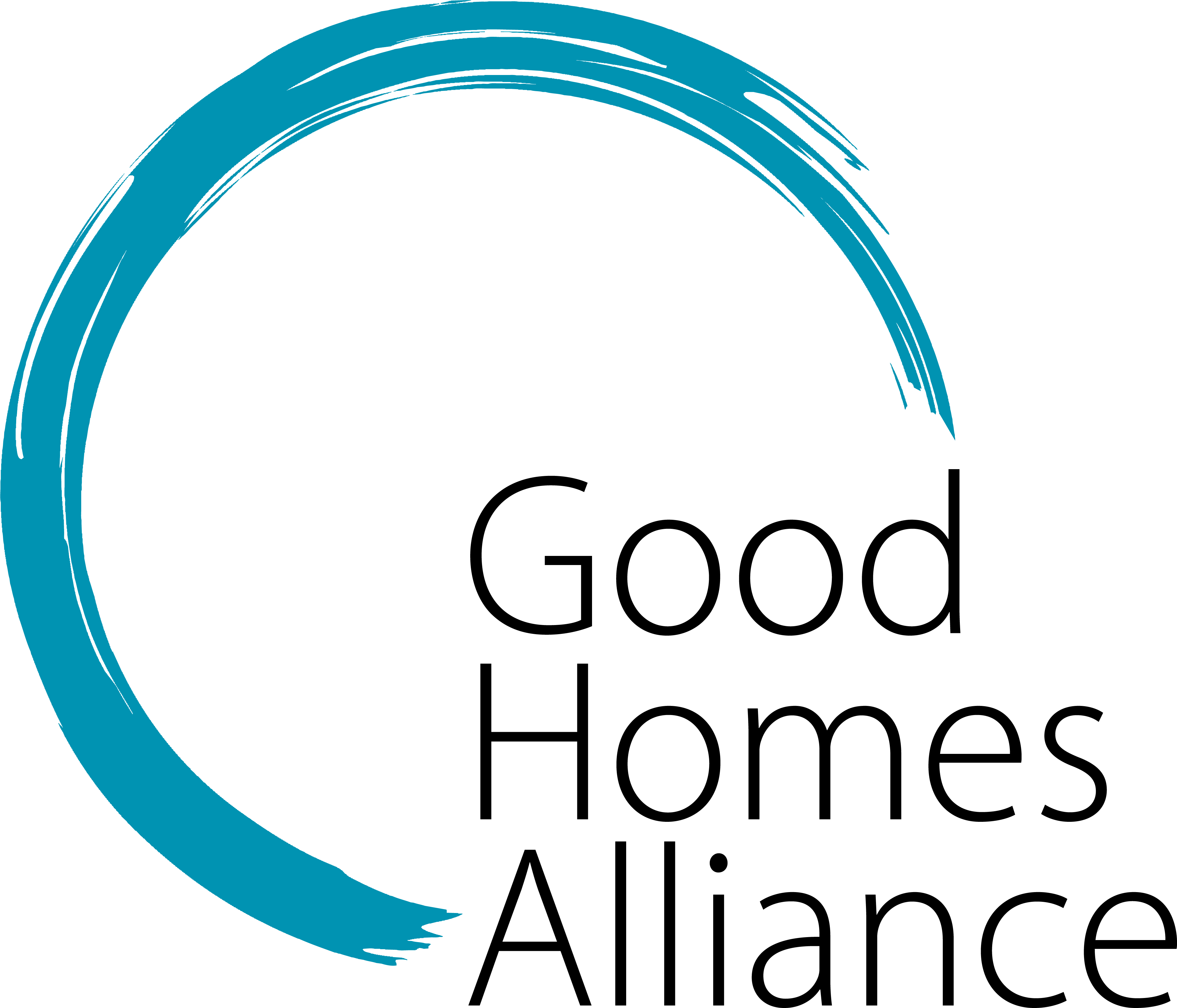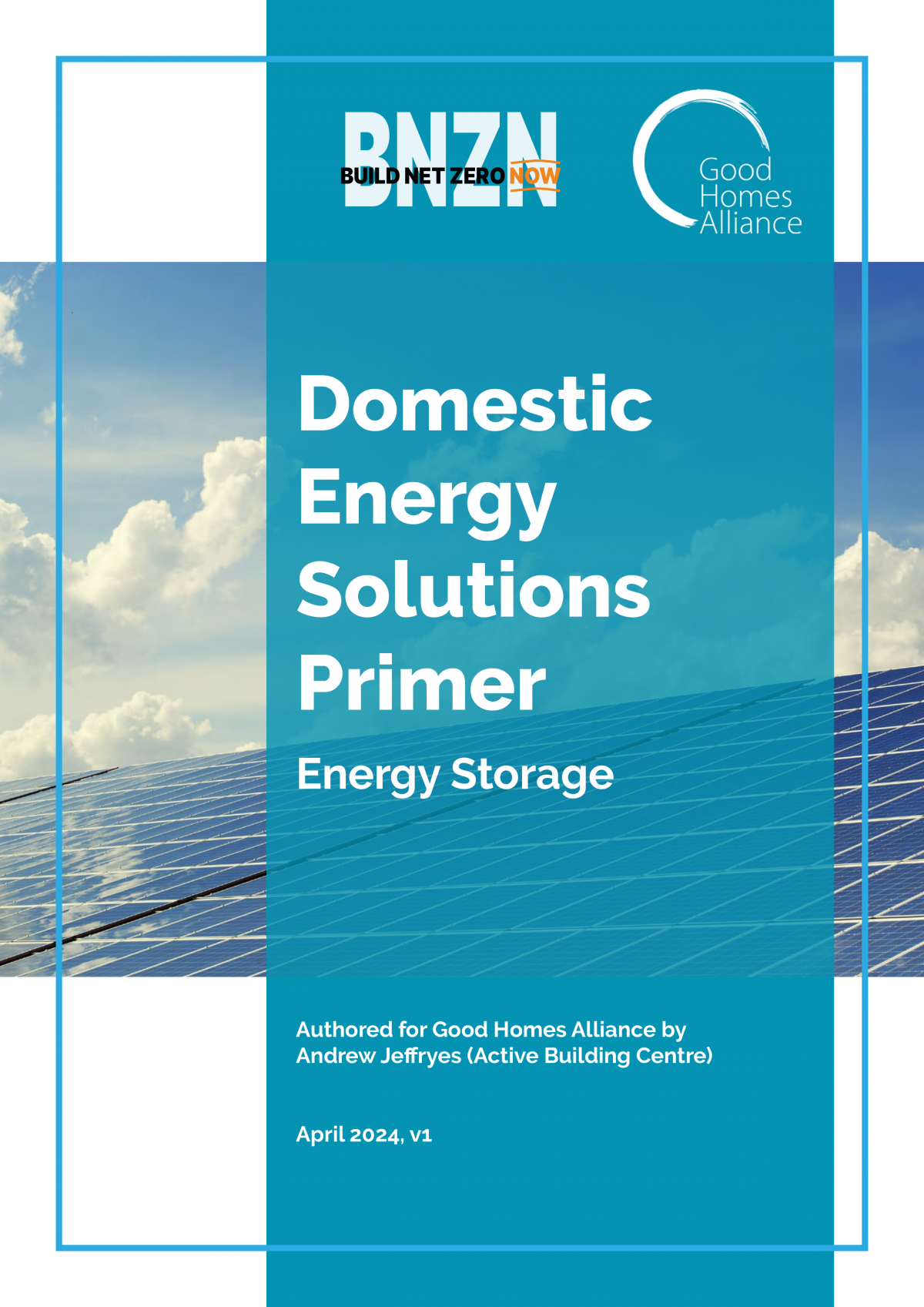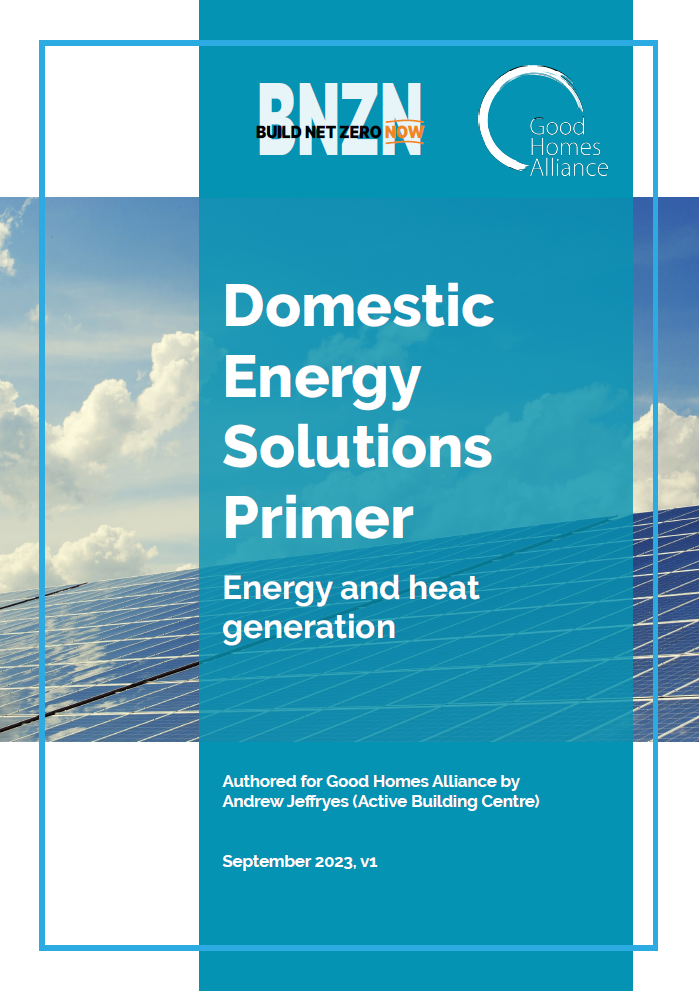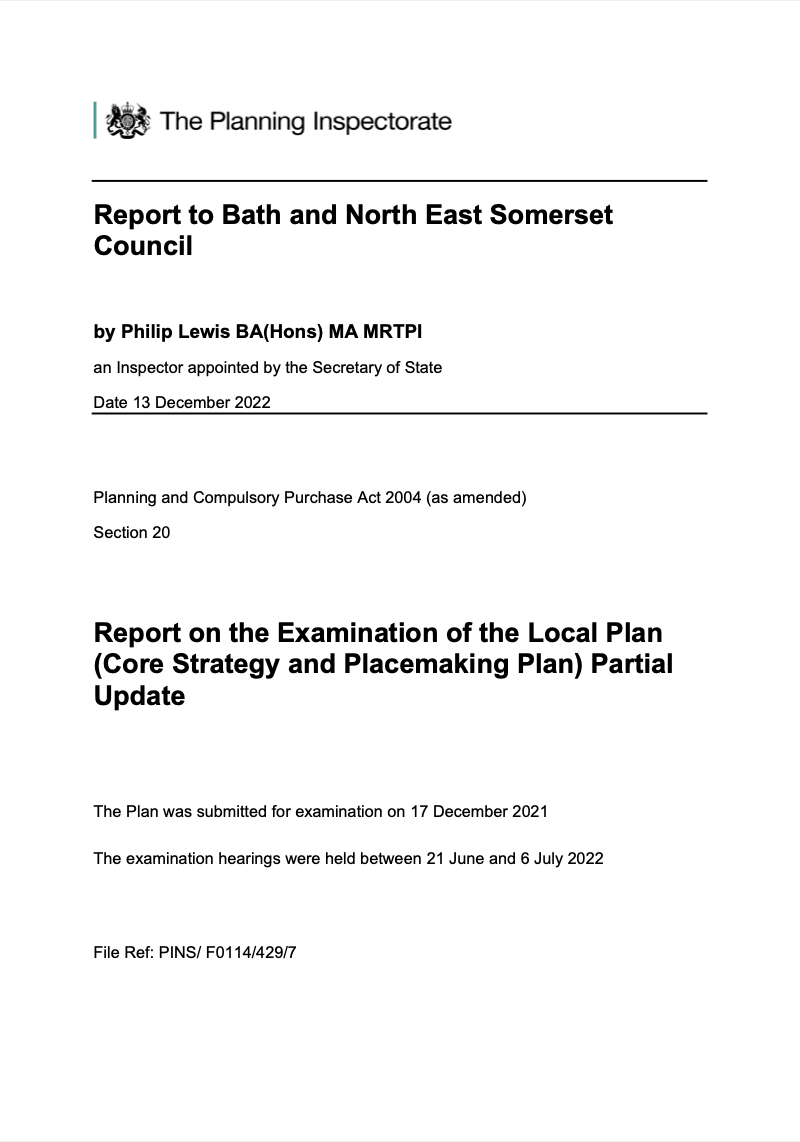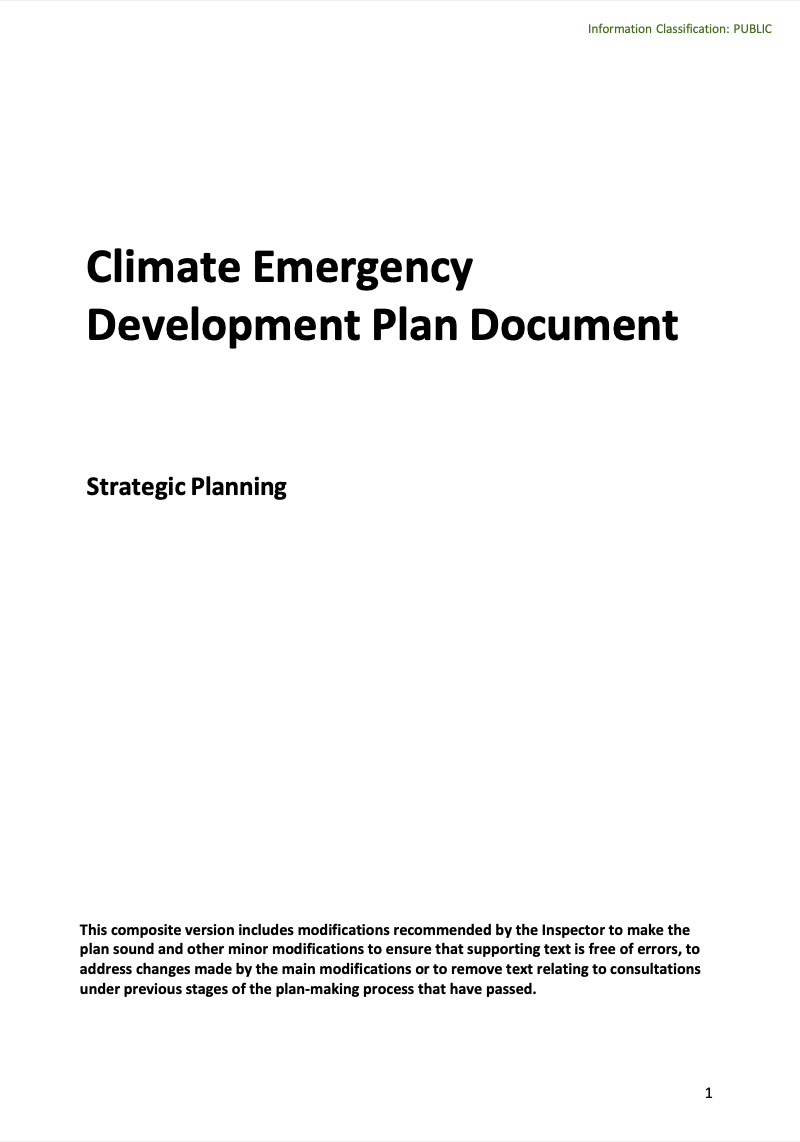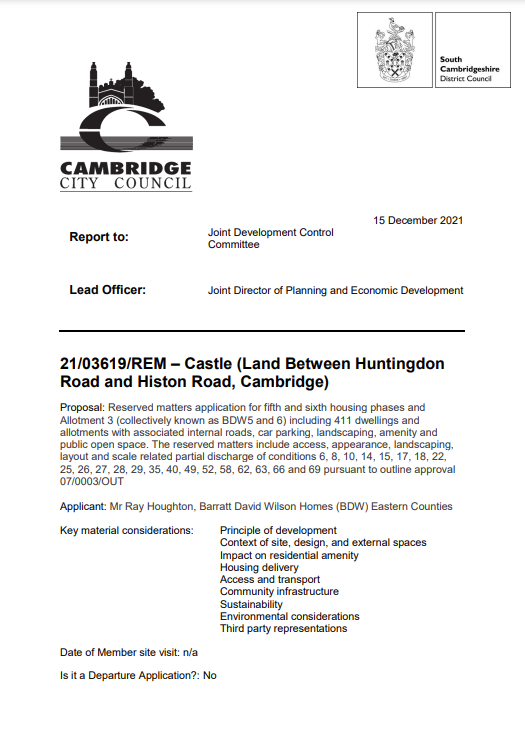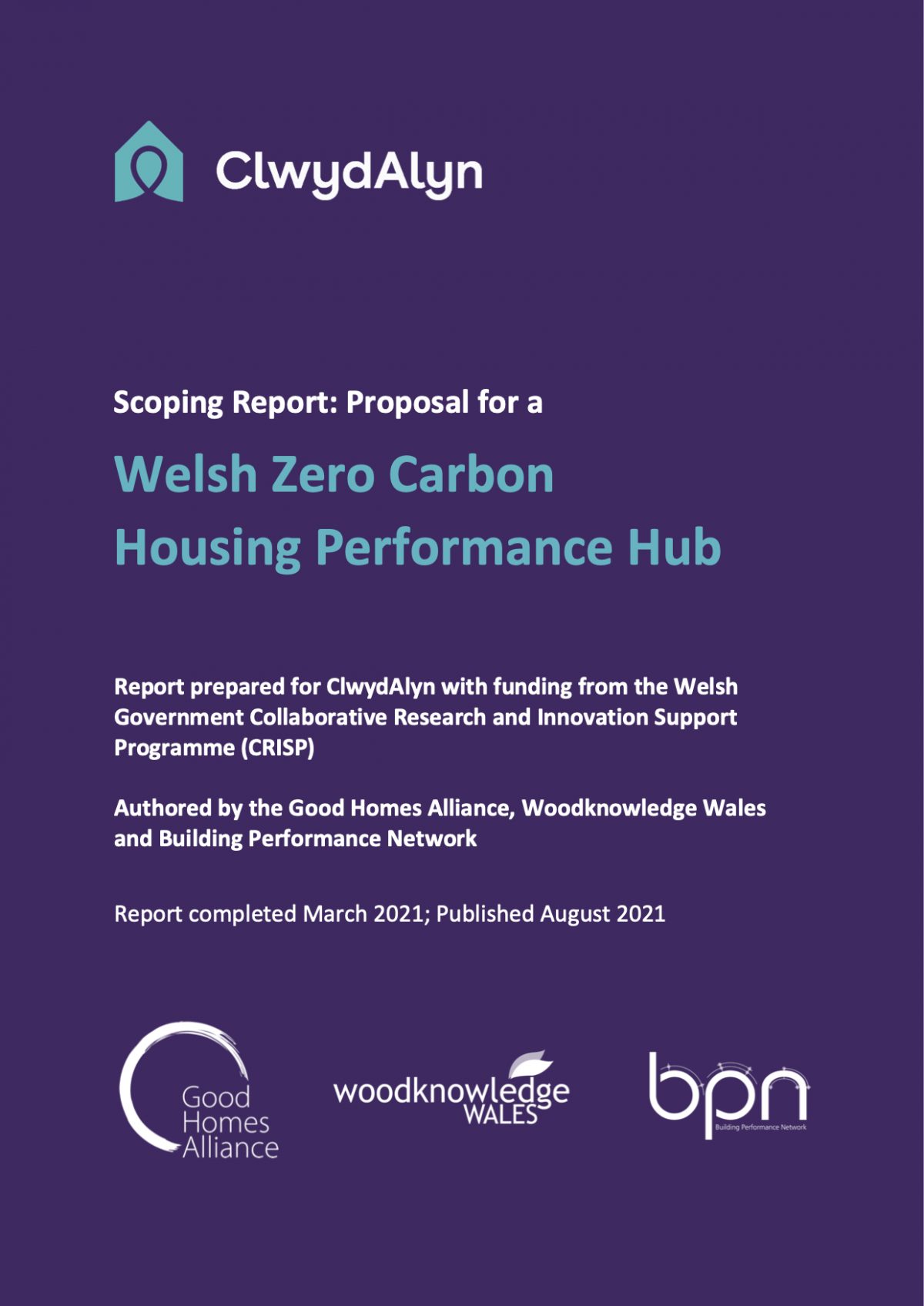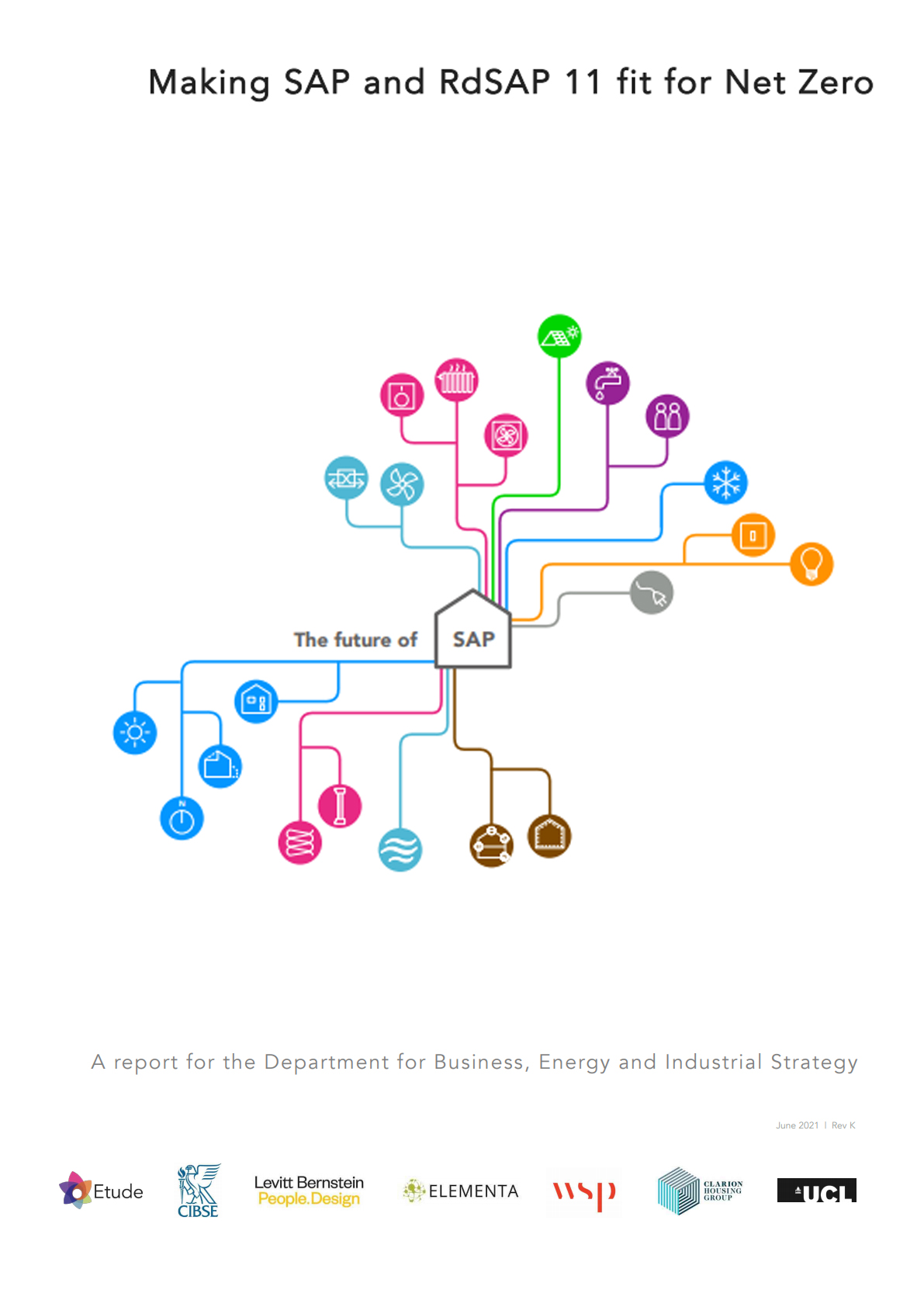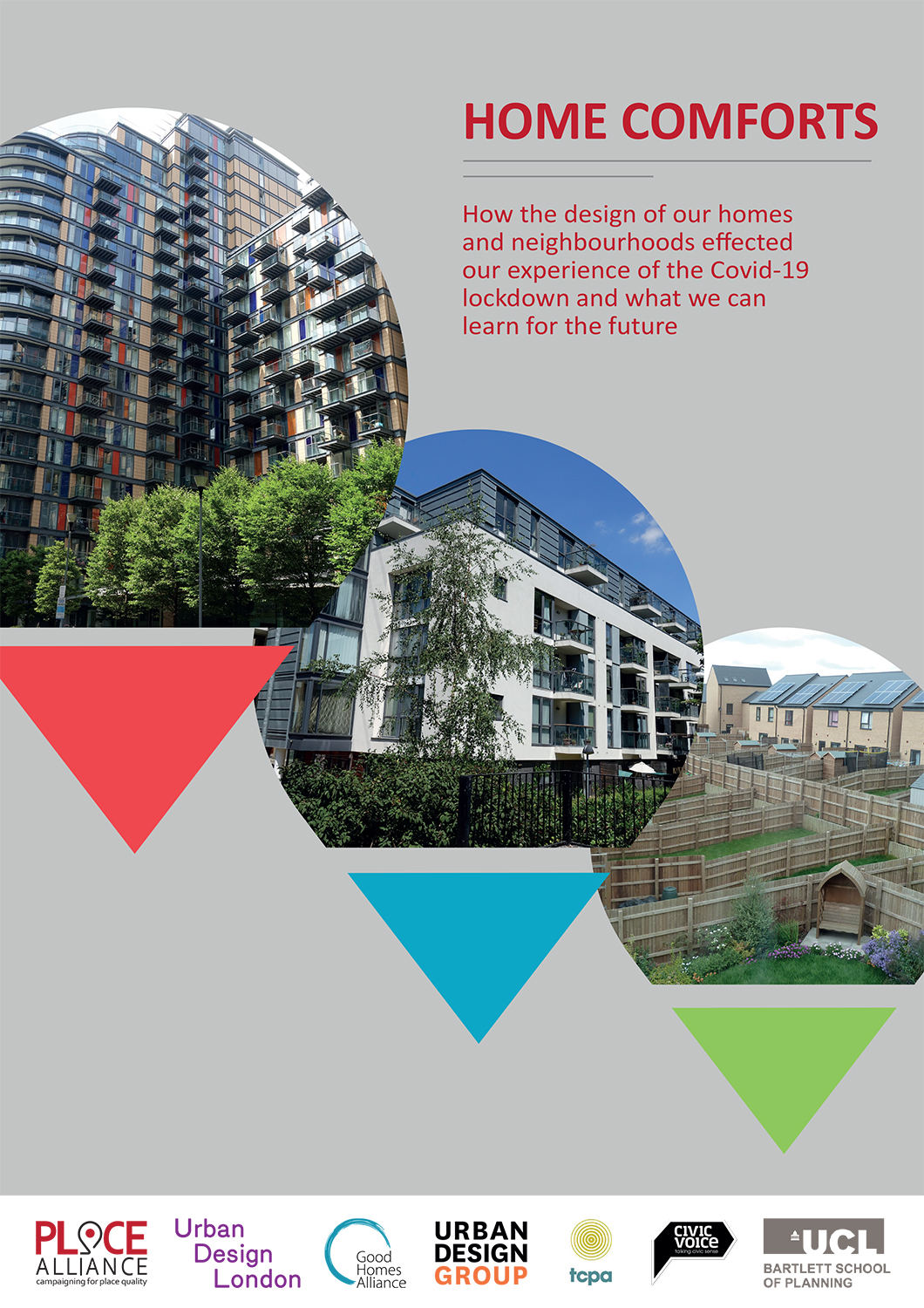As part of our Build Net Zero Now campaign (Phase 2) Energy working group we are pleased to launch the 2nd part of a guide to domestic energy solutions. We would like to thank lead author Andrew Jeffryes, and Chris Brierley from Active Building Centre/Energy Systems Catapult for supporting this work.
The ‘primer’ covers energy storage solutions and follows a first guide published in 2023 on energy generation, transformation and distribution.
DOWNLOAD ENERGY STORAGE PRIMER
The guide builds upon our 3-part ‘Energy Solutions for Net Zero Housing Development’ series co-hosted with The Green Register in June-July 2023, which featured speakers from Herschel, Allume Energy, Joju Solar, SNRG and CEPRO.
As part of phase 3 of our BNZN campaign we will build upon the expert content presented in our guide and event series, and will continue to showcase, and interrogate the viability and performance of, emerging energy solutions through in-person site visits, demonstrations, dissemination of research findings, and case studies. If you are interested in supporting the campaign, please get in touch.
With thanks to our Energy working group participants for supporting this work:
Active Building Centre, Basingstoke Council, BCP Council, Bioregional, CEPRO, Greencore Construction, Oxford City Council, PureHaus, Sero, SNRG, South West Net Zero Hub, Southampton Council, Traxis, Vertigo (Mike Roberts, WG chair) and Verto Homes.
About Build Net Zero Now
The Good Homes Alliance Build Net Zero Now campaign aims to empower progressive Local Authorities, Housing Associations and housebuilders, and their supply chains, by providing them with the knowledge and tools to deliver net zero housing.
Following a year-long series of topical events and targeted outputs, including new and freely available net zero case studies and design briefs, phase one of the campaign concluded at the GHA Build Net Zero Now Conference in October 2021.
A series of working groups and targeted outputs concluded phase two of the campaign in Autumn 2023, with phase three of the campaign continuing into 2024-25.
The campaign outputs have proved vital for the 30+ members of our fast-growing LA Vanguard and HA Pathfinder networks from across the UK, who collectively represent 350,000 existing homes and 120,000 new build homes to be developed in the next 10 years.
Phase 2 lead campaign sponsors:

Phase 2 Energy WG theme sponsor:

The contents of this guide are for information purposes and provide general guidance only. The subject matter covered in this guidance is not exhaustive. Relevant standards and approved documents should be fully consulted.
© Good Homes Alliance (GHA) 2024. All rights reserved. No part of this publication may be reproduced without the express written permission of the GHA.
